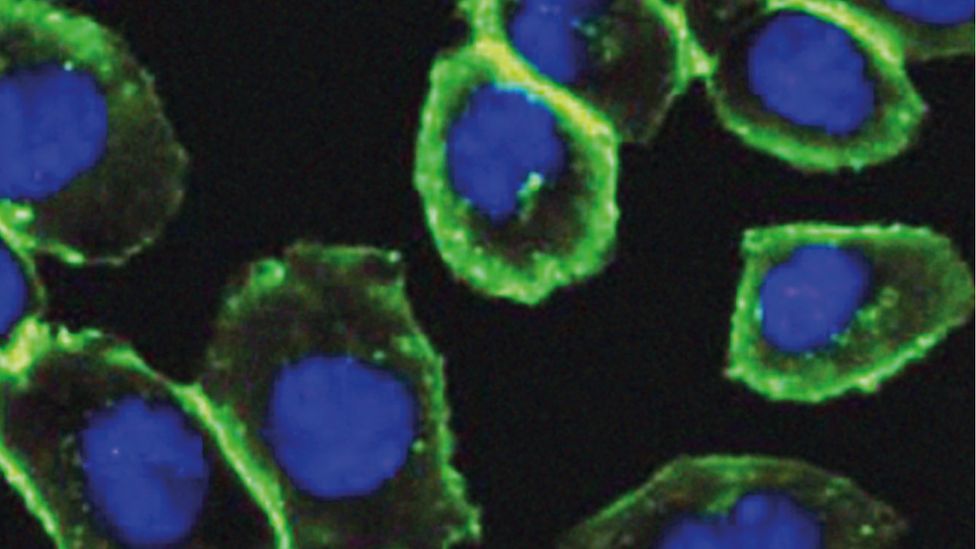
The Nobel Prize in Chemistry has gone to Carolyn Bertozzi, Morton Meldal, and Barry Sharpless for their work on linking molecules together, known as click chemistry.
The winners will share prize money of 10 million Swedish krona (£800,000).
Their work is used to explore cells and track biological processes, and can be applied in cancer treatment drugs.
"Click" chemistry is about linking together molecules like those in living cells.
The Nobel committee praised their work for making chemistry functional and said they had an enormous impact on science.
"This year's prize deals with not overcomplicating matters, instead working with what is easy and simple," says Johan Åqvist, chair of the Nobel Committee for Chemistry.
Carolyn Bertozzi, who pioneered the work on bioorthogonal chemistry, is the eighth woman to win the Chemistry Nobel.
"I'm absolutely stunned. I can hardly breathe," Professor Bertozzi said from the US when the Nobel Committee called her in the middle of the night.
One of the crucial applications of her work is in medicine and drug delivery, she said.
It means scientists can do "chemistry inside the human body, to make sure drugs go to the right place and stay away from the wrong place."
It is also a "biological discovery tool" that allows scientists to see new molecules that we didn't know existed, she explained.
Barry Sharpless, from the US, has now won the Nobel Prize twice. The first time was in 2001 for chiral catalysts.
Professor Sharpless and Professor Morten Meldal, from Denmark, worked independently but together laid the foundations of "click" chemistry.
The BBC is not responsible for the content of external sites.View original tweet on TwitterLast year's award also went to two scientists who developed tools for building molecules.
On Monday, the committee gave the Physiology or Medicine prize to Svante Paabo for work on human evolution.
Tuesday's Nobel Prize in Physics rewarded research into quantum mechanics - the science that describes nature at the smallest scales.
Previous winners of the Nobel Prize in Chemistry
2021 - Benjamin List and David MacMillan won the prize for their work on building molecules that are mirror images of one another.
2020 - Emmanuelle Charpentier and Jennifer Doudna received the award for developing the tools to edit DNA.
2019 - John B Goodenough, M Stanley Whittingham and Akira Yoshino share the prize for their work on lithium-ion batteries.
2018 - Discoveries about enzymes earned Frances Arnold, George P Smith and Gregory Winter the prize
2017 - Jacques Dubochet, Joachim Frank and Richard Henderson were awarded the prize for improving images of biological molecules
2016 - Jean-Pierre Sauvage, Fraser Stoddart and Bernard Feringa shared the prize for the making machines on a molecular scale.
2015 - Discoveries in DNA repair earned Tomas Lindahl and Paul Modrich and Aziz Sancar the award.


comment 0 Comments
more_vert